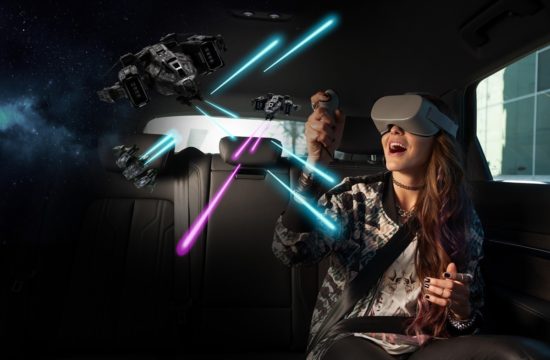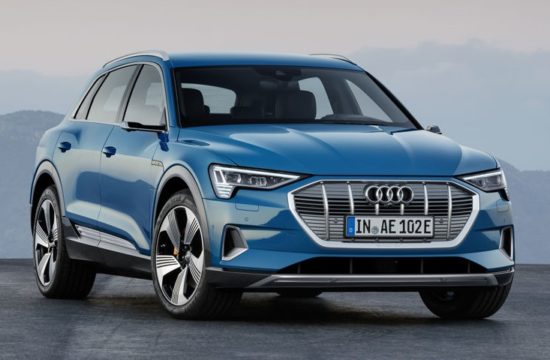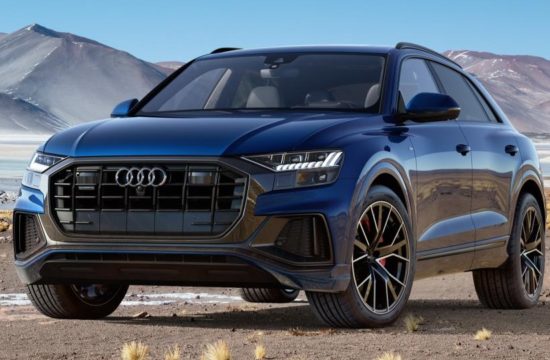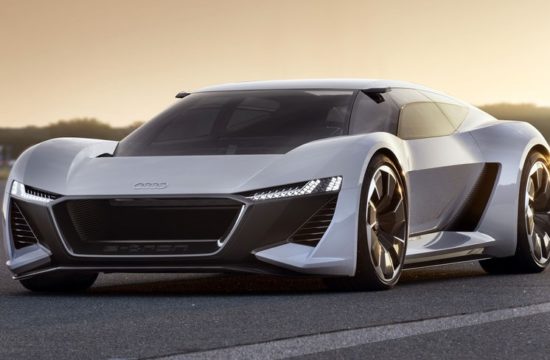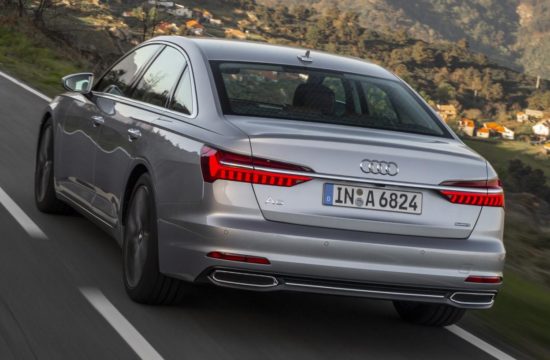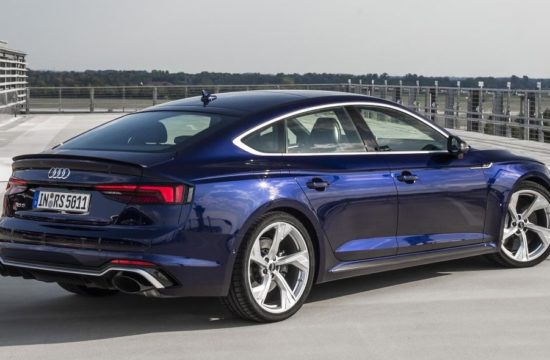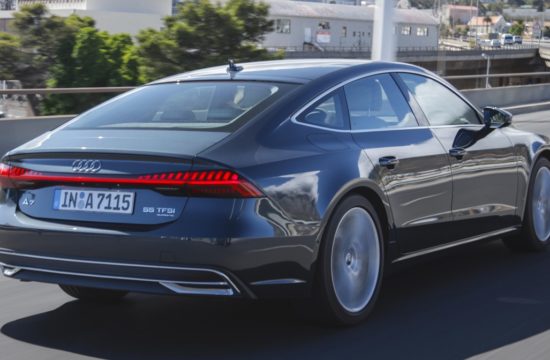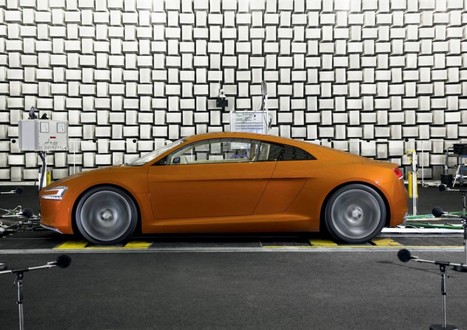
I think it’s fair to say that electric cars are now accepted by all to be the cars of future, so it’s time to address their drawbacks one by one! And one of the main drawbacks are the absolute silence of this vehicles at low speed which obviously make them potentially dangerous for pedestrians. One of the solutions for this problem, and the most logical one, is artificial noise, which Audi has taken very seriously.
The best thing about the artificial engine noise is that becasue it’s digital, you can have different noises! You can choose between the roar of a rumbling V8 or the whistle of a turbo I4, and you’ll be able to download new noises and maybe share you favorite ones with you friends on social networks! The only issue with this solution are those inappropriate people with smarts and G-Wizzs who think it’s cool to choose a Ferrari V8 noise for their pathetic little car.
“We speak of quiet cars when an electric car is driven at a speed between 0 – 25 km/h,” explains Dr. Ralf Kunkel, Head of Acoustics at AUDI AG. Up to this speed electric cars are virtually silent as they glide through the streets. Noise from the rolling of the tyres and from the slipstream becomes obvious above this speed, at which point an electric car is no longer significantly more quiet than a conventional vehicle.
The fact that electric vehicles are particularly quiet is, of course, a factor of their success. After all, environment-friendly automobiles should not only reduce emissions, but also noise pollution. However, speed without the typical road noises that serve as a signal has its own inherent risks: the sense of hearing allows participants in traffic to monitor all 360 degrees of their surroundings, whereas the eyes only cover a limited angle. People with poorer vision or who are distracted can easily overlook a car.
Organisations for the blind worldwide therefore advocate giving quiet cars a unique sound; laws to this effect are already in place in the U.S.A. and Japan.
The sound technicians at Audi have long since taken up the task of protecting pedestrians in the electric mobility era. “One way do this is by generating artificial noise in electric cars,” says Kunkel. The acousticians are currently hard at work on the sound design of the Audi e-tron. It is not just a matter of safety, but also a question of how the Audi of the future should sound.
“The obvious approach would be to work on the basis of the familiar sound of a combustion engine,” says Christian Schüller, Head of Brand Development/Corporate Identity.
“On the other hand, we want to underscore that an electric or hybrid Audi is an innovative product. We also want to make our Vorsprung durch Technik audible in the era of electric mobility.”
The rustling of leaves, the twittering of birds or the shrill tones such as those used on snow mobiles are therefore not viable options. However: “The sounds used for space ships in films are reminiscent of car sounds, yet are also very different, making this a rather interesting approach,” says Kunkel.
An Audi will not sound like an airplane with jet engines or a space ship from a science fiction film any time soon, though. “But the sound will be new and unusual. The Audi RSQ from the Hollywood film ‘I, Robot’ gives an indication of how an Audi might sound in the future.”

